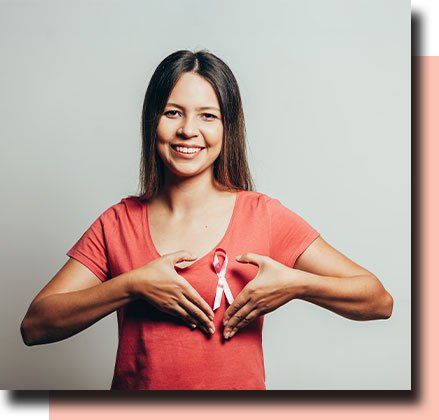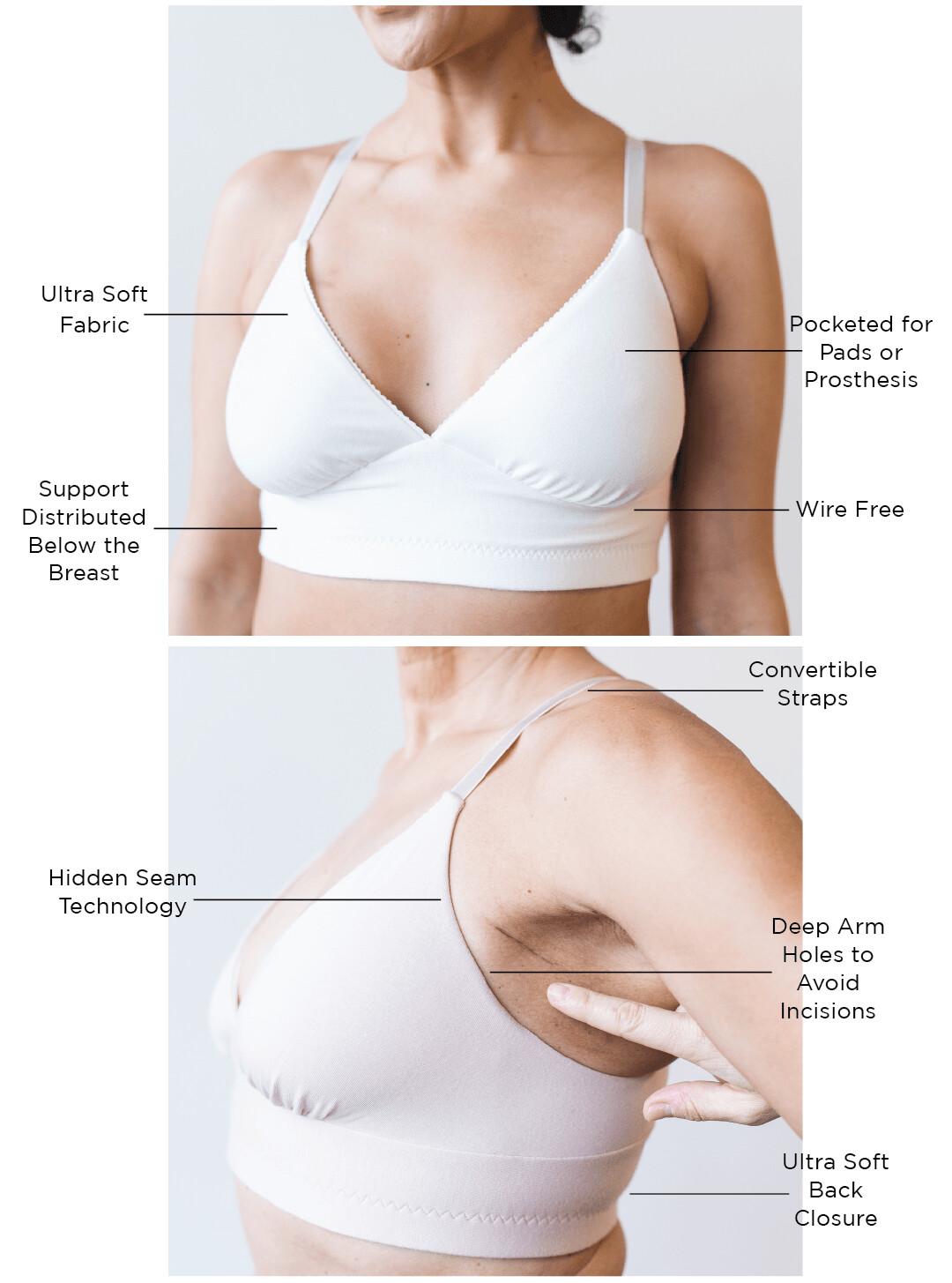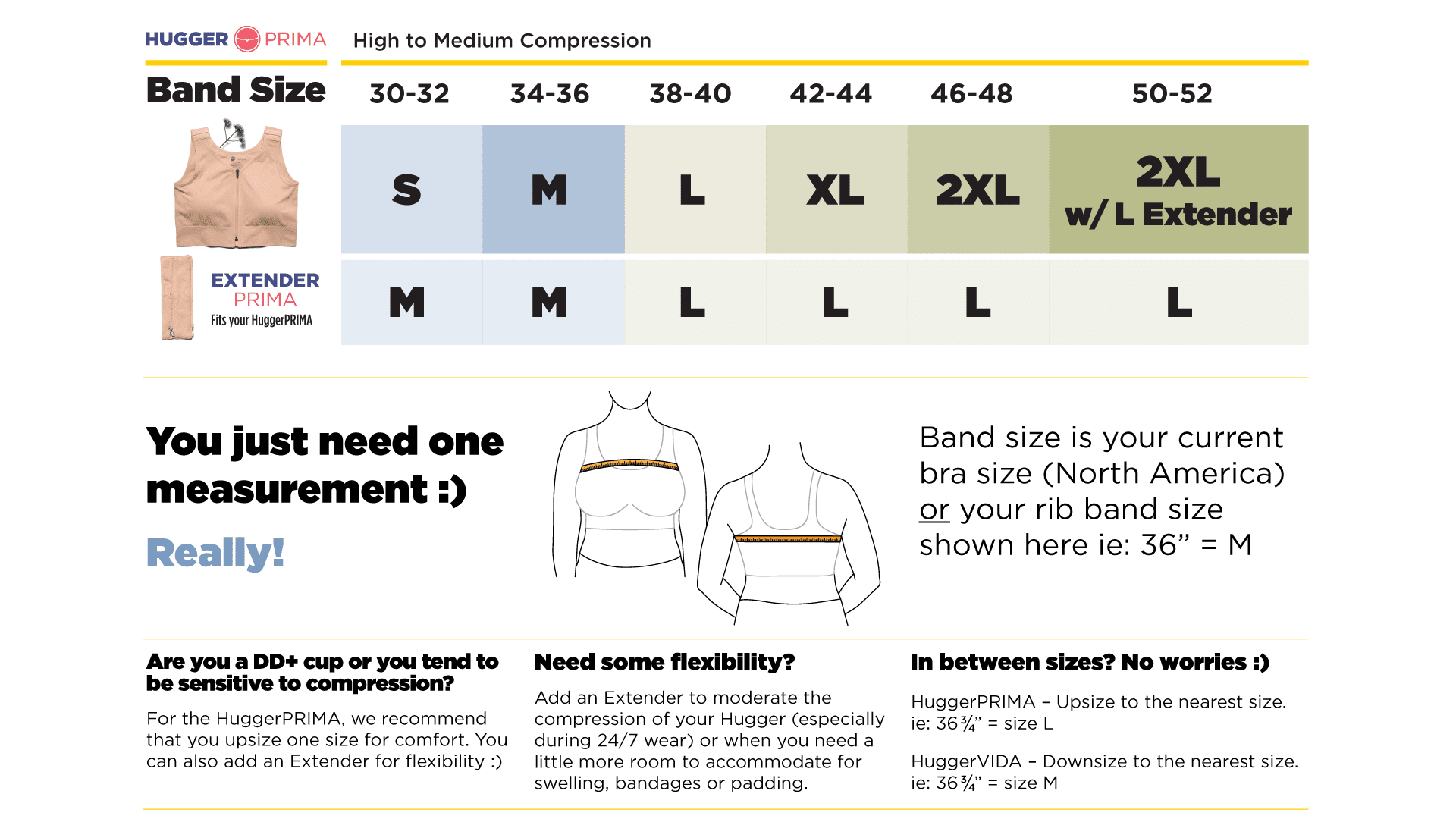Promoting Wellness and Breast Health
Now is the time to take charge of your health

Services We Offer
Breast Evaluation
Starting with the highest standards for outcomes, our physicians and team will provide a comprehensive evaluation and a customized multidisciplinary treatment plan that is specific to your health and wellness goals.
Risk Assessment
We use the most up to date risk assessment models to estimate your risk of developing breast cancer. We also provide genetic testing to help guide patients.
Breast Surgery
Our breast surgeons provide the highest level of care available with a personal approach, that focuses on the surgical treatment of benign and malignant breast disease and aesthetic preservation.
READY FOR A DIFFERENT TYPE OF HEALTHCARE?
Functional wellness addresses the underlying reason you feel the way you do — instead of just managing symptoms.

Our Mission
Comprehensive Breast Care is a surgical practice with 100% dedication to the care of the patient with breast disease. Whether benign or malignant, coordinated and efficient care plans are critical. Our mission is to navigate patients via evidence based 'care plans' to achieve a diagnosis and treatment plan.
What patients are saying about Dr. Brown, Dr. Gold and Dr. Richardson

"I am SO grateful for Dr. Richardson and Nurse Navigator Penny. Being 28 with a breast cancer diagnoses is something I never thought possible but I knew the minute I met Dr. Richardson I was in the absolute BEST hands. She took such great care of me, sat down with me, explained everything, and was simply on top of it all from my very first appt. & all the way through. She always called with results immediately and always made sure I was up to date on any new information… I am so lucky to have been referred to Dr. Richardson!!! Penny has helped me time & time again with any questions I had and she has continued to help me even though I’m now on my next journey through cancer. I cannot thank you guys enough from the bottom of my heart!"
- B.K.

My PC referred me to Dr. Gold. I drove an hour to get to the appointment, and was pleasantly surprised I got in immediately upon arriving. Dr. Gold was very thorough, and puts thing's in terms that are easy to understand. Her staff was great too."
- S.B.

Through my misfortune of having cancer, I consider myself very fortunate to have you for my doctor. With you knowledge, kindness and sense of humor there was never a doubt in my mind that I was in very good hands. I cannot say enough great things about Sandy and your staff. I never had to worry about anything but showing up for the next appointment or procedure. Thanks for handling the details! Also, thank you for referring me to equally great doctors. You have touched my life and I am forever grateful!”
- K.

Literally in the parking lot a few minutes after my appointment writing the review for this office! Great staff with amazing bedside manner. Staff is very easy to connect with and I am so glad I was referred here."
- M.N.

Saw Dr. Gold today and was instantly put at ease. She took her time to go over my case and answered all my questions. I did not feel rushed or that any of my questions where not important. She is super friendly and kind as is the entire staff. I left feeling I was in great hands."
- L.S.

I first want to say thank you to all of you for making this bad experience a little brighter. You were all so nice, informative and made this journey a lot easier. Your office staff is awesome. Dr. Brown - I can’t thank you enough for your great work, bedside manner and you recommended great doctors to me. Thank you!”
- S.
Our Featured Post-operative Garments and Products













